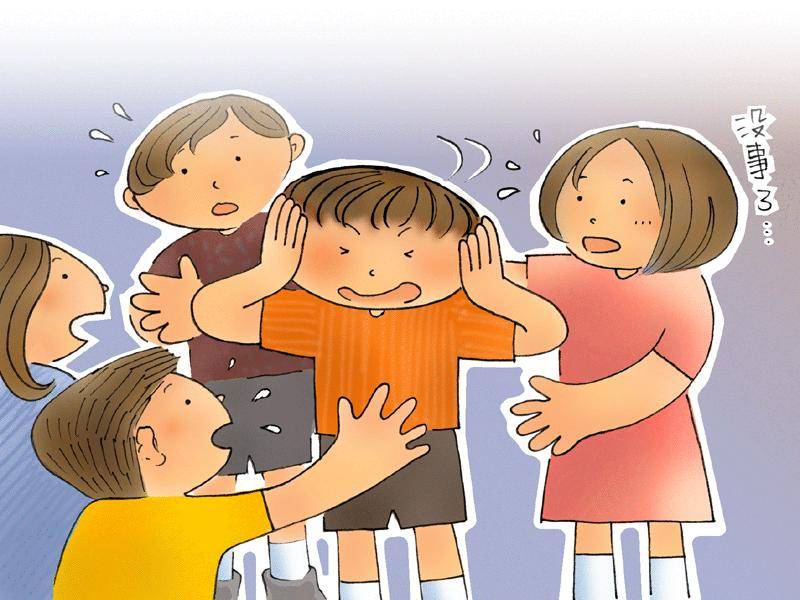Autism, medically known as Autism Spectrum Disorder (ASD), is a neurodevelopmental disorder that affects children’s social interaction, communication abilities, and behavioral patterns. Understanding the characteristics of autistic children is crucial for parents to detect and seek professional help as early as possible.
Characteristics of Autistic Children
Social Interaction Impairments:
Autistic children often struggle to establish emotional connections with others, lacking in nonverbal communication such as eye contact, smiles, and gestures.
They may have difficulty understanding others’ feelings and emotional responses, making it challenging to form friendships and maintain relationships.
Language Communication Impairments:
Autistic children face challenges in language, including expression and comprehension. They may experience delayed speech, slow language development, unclear expression, repetitive language, or behaviors.
Some children may completely lack language skills, or even if they can speak, their language is often monotonous, repetitive, or lacking in communicative nature.
Narrow Interests and Stereotyped Behaviors:
The range of interests in autistic children is often very narrow, showing intense interest in specific things or activities while lacking interest in others.
They may exhibit stereotyped behavior patterns like repetitive movements, arranging objects, or being overly sensitive to environmental changes.
Sensory Abnormalities:
Autistic children may have restless or intense reactions to certain sounds, colors, foods, or light.
They may have weaker reactions to cold, heat, or pain, leading to a lack of alertness and appropriate responses in dangerous situations.
Delayed Intellectual Development:
Around 70% of autistic children face issues with delayed intellectual development, yet some children exhibit exceptional abilities in specific areas like drawing or computation.
How Parents Can Early Detect Autism in Children
Observing Social Behaviors:
Notice if the child lacks eye contact, shows unwillingness to interact with others, or lacks interest in sharing joy or excitement.
Observe if the child can form friendships with peers and understand social rules.
Monitoring Language Development:
Pay attention to whether the child’s language development is normal, experiencing late speech, poor language skills, and more.
Observe if the child can understand others’ language and effectively express their needs and emotions.
Watching Interests and Behavioral Patterns:
Observe if the child shows excessive interest in specific things while lacking interest in others.
Notice if the child displays repetitive, stereotyped behavior patterns, like staring at an object for a long time or repeating certain actions.
Evaluating Sensory Reactions:
Observe the child’s responses to auditory, visual, tactile stimuli to see if they are normal.
Notice if the child shows heightened or dulled responses to certain stimuli.
Seeking Professional Evaluation:
If parents notice multiple issues in the above features, they should promptly take the child to a professional medical institution for evaluation.
Doctors will assess whether the child has autism through professional tests and observations, providing appropriate treatment recommendations.
The recovery of autistic children requires the collective efforts of parents, doctors, and society. Through early detection and intervention, autistic children can improve social interaction, language communication, and behavioral pattern issues, ultimately enhancing their quality of life.【Contact for copyright issues】.


